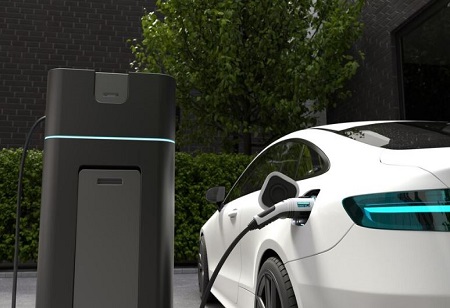
Electric vehicle (EV) sales are on track to make up 25% of global car sales in 2025, according to a new report from the International Energy Agency (IEA). Even with trade uncertainties, like new U.S. tariffs, the IEA predicts over 20 million EVs will be sold worldwide this year. That’s up from 17 million in 2024, which itself saw a jump of 3.5 million from the year before. The numbers show EVs are holding strong, no matter the economic or policy hurdles.
China is leading the charge, with nearly two-thirds of global EV sales and over 70% of production in 2024. What’s driving this? Affordable prices. In China, most electric cars cost less than gas-powered ones, even without government incentives. “Electric cars are becoming a real bargain in China,” the IEA said. Meanwhile, Europe’s EV market has hit a plateau at about 20% of sales, partly because countries like France and Germany cut back on subsidies. In the U.S., growth is slower, with EVs making up just over 10% of car sales.
Other parts of the world, like Asia, Latin America, and Africa, are seeing a boom, with EV sales soaring 60% year-over-year. Affordable Chinese models and supportive policies are fueling this rise. Chinese carmakers are also setting up factories abroad to dodge tariffs, helping them expand even further. “The data is clear: electric cars are on a roll globally,” said IEA chief Fatih Birol.
Trade issues aside, EVs are gaining ground because they’re cheaper to run and, in many places, cheaper to buy. Still, in countries like Germany, electric cars can cost 20% more than traditional ones, which slows things down. Globally, EV trade now represents nearly one in five car sales, showing how connected the market has become.
The IEA says EVs are key to cutting emissions and fighting climate change, and their growth depends on smart policies and better affordability.
We use cookies to ensure you get the best experience on our website. Read more...